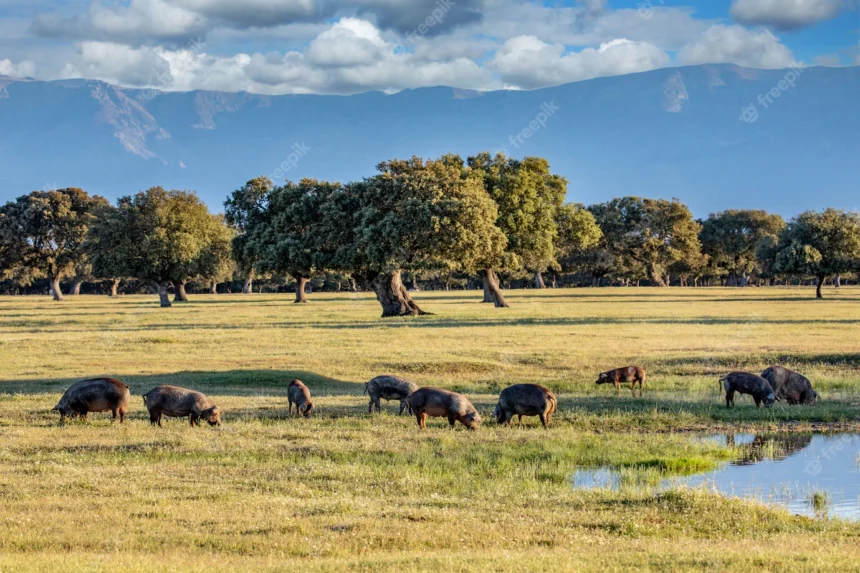- Definition:
Wildlife ranching in South Africa refers to the practice of managing and breeding wildlife on private land for conservation and commercial purposes. It involves the sustainable use of indigenous species through activities like game farming, trophy hunting, and ecotourism. - Biodiversity Conservation:
Wildlife ranching plays a vital role in biodiversity conservation in South Africa. It provides a sanctuary for numerous indigenous species, including the “Big Five” (elephants, rhinos, lions, leopards, and buffaloes), as well as other threatened and endangered species. - Private Ownership:
Unlike many other countries, South Africa allows private ownership of wildlife. This has led to the development of numerous private game reserves and wildlife ranches, contributing significantly to wildlife conservation efforts. - Economic Importance:
Wildlife ranching has substantial economic benefits for South Africa. It generates revenue through various means such as trophy hunting, game sales, and ecotourism. These activities contribute to job creation, rural development, and the overall economy of the country. - Sustainable Use:
Wildlife ranching follows the principle of sustainable use, which aims to ensure that wildlife populations are maintained and managed in a way that benefits both conservation and economic goals. Strict regulations and monitoring systems are in place to ensure sustainable practices. - Trophy Hunting:
Trophy hunting is one aspect of wildlife ranching that generates controversy. It involves legal hunting of selected species, with permits and strict quotas issued by government authorities. Proponents argue that trophy hunting provides necessary funding for conservation efforts and local communities. Critics raise concerns about ethics and sustainability. - Ecotourism:
Wildlife ranches in South Africa offer a range of ecotourism activities, including game drives, bird watching, and nature walks. Tourists from around the world visit these reserves, contributing to local economies while also supporting conservation initiatives. - Breeding Programs:
Wildlife ranching facilitates breeding programs for certain species, aiming to conserve genetic diversity and increase population numbers. These programs often focus on threatened species, such as cheetahs, African wild dogs, and vultures. - Conservation Successes:
Wildlife ranching has been successful in helping restore and conserve wildlife populations in South Africa. Certain species, such as white rhinos, have seen remarkable recoveries due to focused conservation efforts on private land. - Challenges and Controversies:
While wildlife ranching has positive aspects, it also faces challenges and controversies. These include concerns about ethical treatment of animals, potential negative impacts on wild populations, and the need for effective regulation to prevent illegal activities like wildlife trafficking.
It is important to note that public opinions on wildlife ranching vary, and discussions around conservation and animal welfare are ongoing.
Join 'Farmers Mag' WhatsApp Channel
Get the latest Farming news and tips delivered straight to your WhatsApp
CLICK HERE TO JOIN






